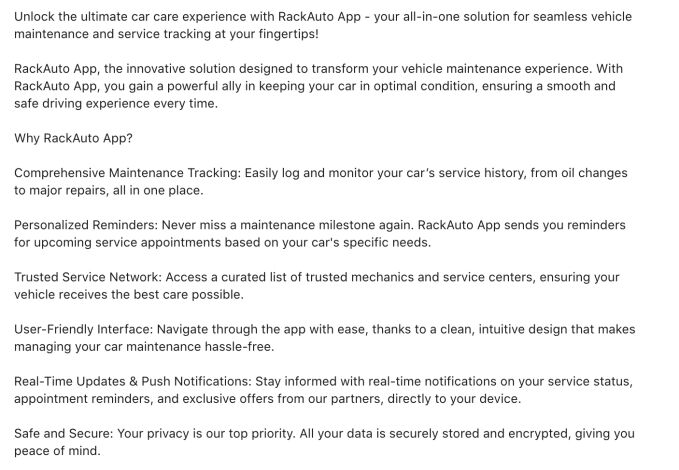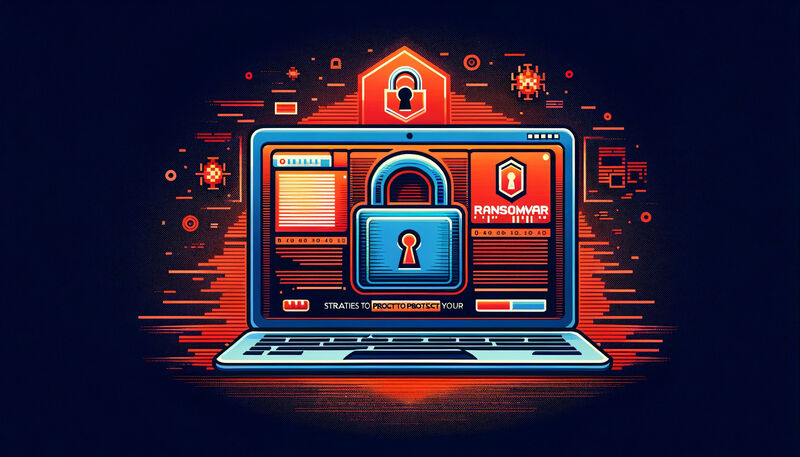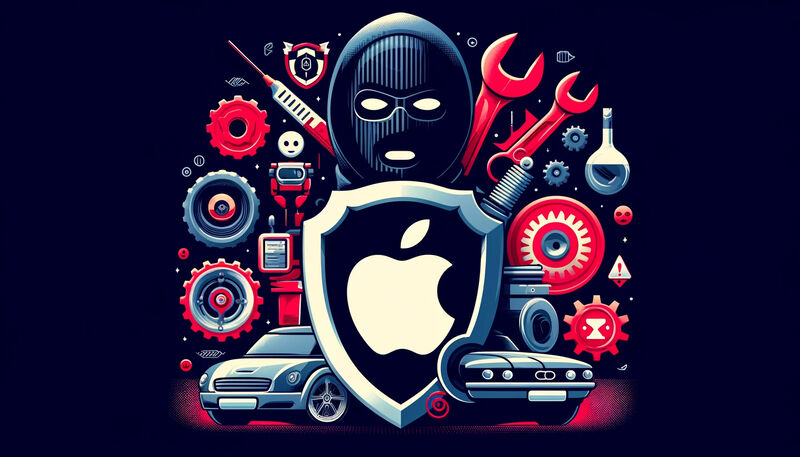Apple's Inaction on Fake RockAuto App Raises Concerns Over App Store Security
Apple's App Store, acclaimed for its stringent security measures, faces scrutiny over its handling of a counterfeit app mimicking RockAuto, an auto parts dealer popular among DIY enthusiasts. Despite multiple formal requests and compliance with Apple's procedural demands, RockAuto's pleas for action remain unanswered, exposing potential vulnerabilities in the App Store's security protocols.
The Ongoing Issue with Counterfeit Apps
RockAuto discovered a fake app using its brand and logo on the App Store. Despite RockAuto's immediate action to communicate with Apple through the designated channels—emailing, filling out forms, and even a DMCA Takedown notice—the app remains active, receiving only automated responses from Apple.
Similar Past Incidences
This incident echoes a previous situation involving LastPass, where a counterfeit app remained available on the App Store until significant media coverage and a public outcry from LastPass forced Apple's hand. These recurring issues highlight a pattern that could undermine user trust in the security of the App Store.
RockAuto's Frustration
Jim Taylor, Co-Founder of RockAuto, expressed frustration with Apple's lackluster response. "Our efforts to resolve this through the proper channels have met with nothing but generic auto-replies and no real action," Taylor stated. This situation has left RockAuto in a bind, unable to protect its brand integrity and its customers from potential scams.
 Image Credits:
Image Credits: Fake RockAuto app on the App Store
The problem is troubling not only because the fraudulent app deceives some of RockAuto’s customers, but also because it challenges Apple’s claims that the App Store is a secure and trusted marketplace. This assertion is central to why Apple justifies taking a percentage of developers’ in-app purchase revenues.
Implications for App Store Security
The persistence of the counterfeit RockAuto app on Apple's platform raises questions about the effectiveness of Apple's security measures and its responsiveness to stakeholder concerns. This incident could prompt a reevaluation of how app authenticity is verified and handled, impacting developer and consumer confidence in Apple's ecosystem.


